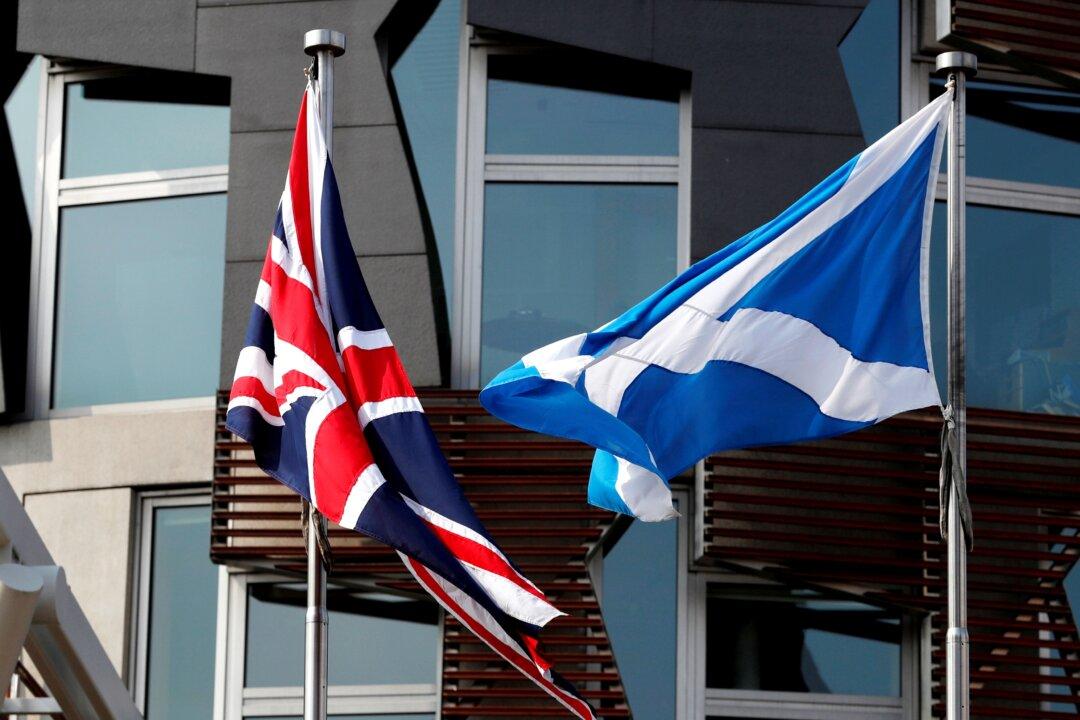The UK government on Tuesday submitted its argument to the Supreme Court in a bid to block the Scottish government’s attempt to hold another independence referendum next year.
The argument, submitted “in accordance with [the Supreme Court’s] timetable” by the UK government’s legal chief for Scotland, was in response to a case in which Scotland’s top lawyer asked the court to determine whether the Scottish Parliament has the legislative competence to legislate for an independence referendum.





